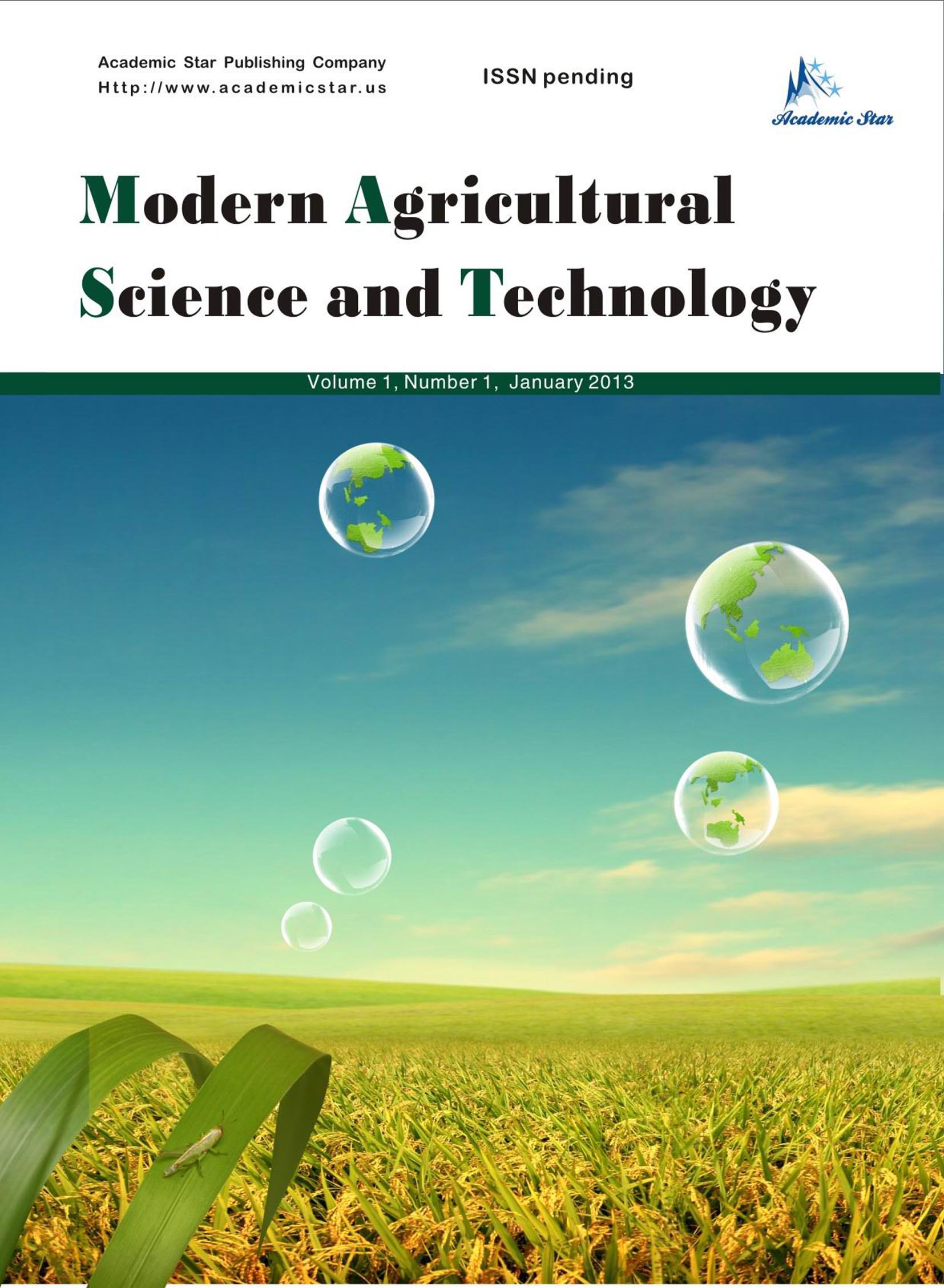
- ISSN: 2375-9402
- Modern Agricultural Science and Technology
The Effect of Different Rangeland Management Strategies on Rangeland Condition, Available Grazing and Animal Performance in Tarchonanthus Camphoratus Rangeland in the Kudumane District, South Africa
2. Animal Science Division, Department of Agriculture and Rural Development, Potchefstroom, South Africa
Abstract: Grazing land ecosystems occupy approximately one third of the earth’s land area and many are degrading primarily due to inappropriate land use practices. It is believed that many of the world’s rangelands are degraded as a result of excessive stocking rates. According to various authors the solution to the problem of overstocking is rotational grazing and more specific rotational resting. In this paper an evaluation was made of different grazing management strategies for their ability to contribute to improved rangeland condition. The hypothesis was made that long controlled resting periods can contribute in improving rangeland condition under heavily overstocked situations. The results of this study corroborate with the long-standing conclusions that stocking rate accounts for the majority of variability associated with plant and animal production on rangelands and not the grazing system applied.






